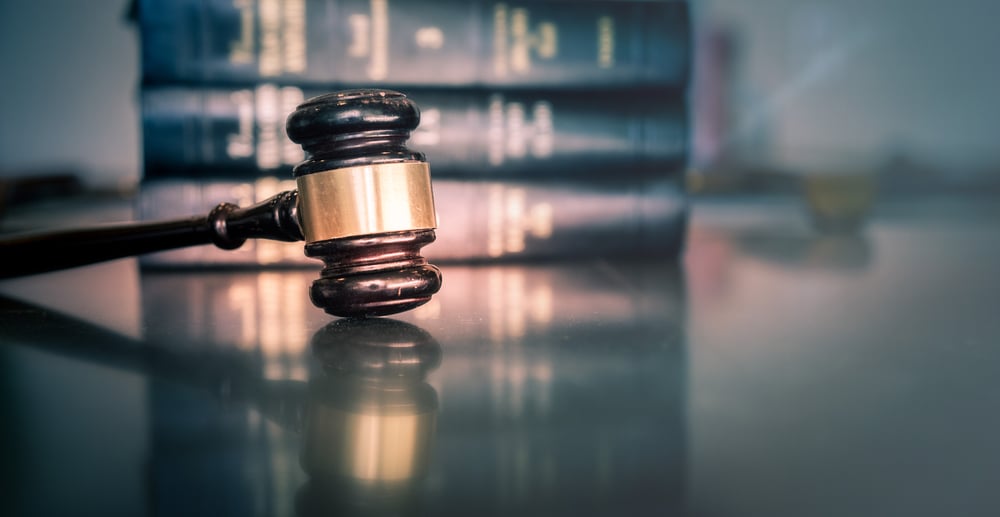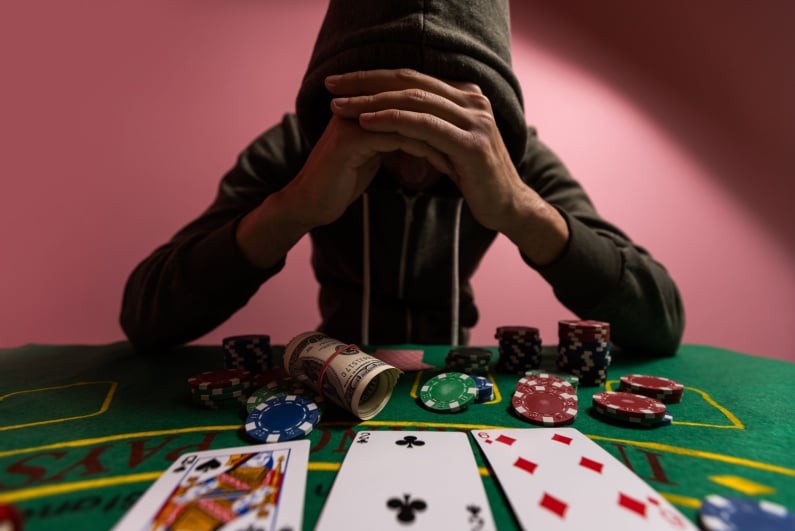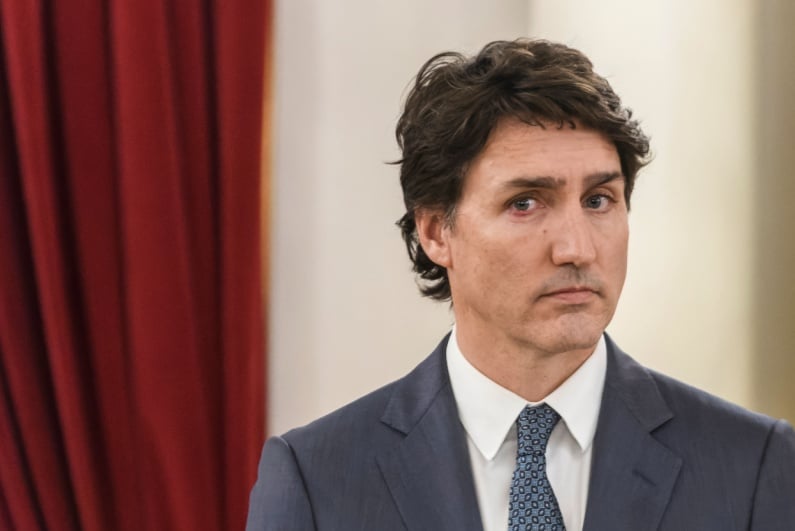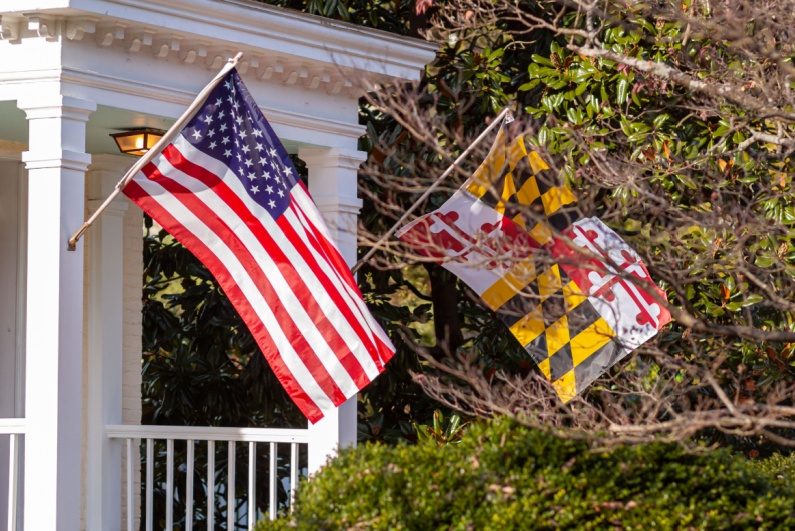Oral arguments over criminalization
The US Department of Justice (DOJ) has said there will be no criminalization for state lotteries or their vendors for past or current operations under the Wire Act.
The DOJ made its comments during a hearing appearance via teleconference before the US Court of Appeals for the First Circuit on Thursday. New Hampshire Lottery Commission (NHLC) attorneys believed there could be criminalization of online poker and lottery sales over state lines as per the Wire Act interpretation of the Office of Legal Counsel (OLC) in late 2018.
no threat of enforcement against these parties”
During the oral arguments, the DOJ maintained: “There’s no threat of enforcement against these parties. There’s no threat of enforcement against other state lotteries.” It did not guarantee, however, that lottery providers would not be subject to future criminal prosecution through the Wire Act.
Details of the latest hearing
The NHLC and some of its partners have opposed the DOJ in regard to the interpretation and range of the Wire Act since the issue of the OLC opinion. The case is formally titled New Hampshire Lottery Commission, NeoPollard Interactive LLC; Pollard Banknote LTD v. William P. Barr, Attorney General; United States Department of Justice; United States.
As part of this latest hearing, both parties had 16 minutes each to present arguments to the three-judge panel consisting of Circuit Court Judges Sandra Lynch, Juan Torruella, and William Kayatta Jr. The session lasted about 45 minutes.
DOJ could easily change its mind overnight
Attorney Jeffrey Eric Sandberg, on behalf of the DOJ, argued that the OLC opinion is not a binding criminal statute. NHLC representative Anthony Galdieri maintained that none of the Justice Department’s attempts to clarify the new Wire Act interpretation reassured the multimillion-dollar online lottery business that it was safe from prosecution. He added that the DOJ could easily change its mind overnight.
The parties will now await the decision of the panel of judges regarding the interpretation of the Wire Act.
Origins of the case
In late 2018, the DOJ’s Office of Legal Counsel drafted a new interpretation of the 1961 Wire Act, stating it would cover all forms of interstate online gambling, not just sports betting.
The OLC’s opinion, published in January 2019, gave rise to controversy over its u-turn on the opinion expressed by the same office in 2011. Essentially, the new interpretation meant that multi-state poker and online lottery sales could also be subject to criminal prosecution.
A lawsuit against the DOJ ensued. The NHLC won the case in June 2019 in a lower federal court, with the ruling concluding that only sports betting should be subject to the Wire Act. Two months later, the DOJ filed a Notice of Appeal in the lost civil case with the First Circuit Court of Appeals.
Memo extends grace period
Last week, Deputy Attorney General Jeffrey A. Rosen issued a memo on behalf of the DOJ’s Legal Council Office, ahead of the start of the oral arguments sessions.
Titled Further Update to Memo on the Applicability of the Wire Act to Non-Sports Gambling, the memo extended until December 1, 2020 the grace period whereby federal authorities will not apply the Wire Act to any forms of gambling that are not related to sports.



